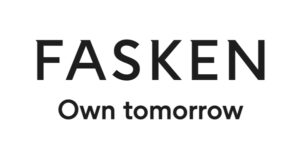The Competition Act (‘Act’) is first and foremost national in its focus. This is clear from its objects set out in the Act’s Preamble and Purpose. Although the Act makes reference to international law obligations, participation in world markets and the role of foreign competition in the Republic, to look at the role of South Africa in competition law’s global village, the key is not to be found in that language, but rather in the continuing development and application of South Africa’s competition policy.
Now in its 19th year, the South African authorities (that includes the Competition Commission, Tribunal and Appeal Court) have enjoyed a leading status amongst developing competition law jurisdictions. The authorities have been recognized by peers in other jurisdictions, global bodies and practitioners for their pioneering role in development of a comprehensive body of competition law and policy, often punching above their weight category, particularly in relation to the role of competition law in socio- and development economics. Some have taken fright at the suggestions advanced which appear to promote the well-being of local businesses and the public interest above consumer welfare as the true-north of anti-trust.
This development of law and policy as well as the well-earned status does not come about simply by practicing in one’s back garden. Far from that, South Africa has gone out in the international arena participating and joining allegiance with others, perhaps sometimes as a more junior partner and in other cases as a more experienced adopter of the competition global wave. There are MOU’s enshrining cooperation with the EC, Brazil, Russia, India, China, Mauritius, Kenya and Namibia. In addition, South Africa has membership of the SADC, African Competition and BRICS fora. The authorities have also benefitted greatly from their active participation in ICN and UNCTAD networks and their staff continue to receive extensive training from leading world authorities and experts. The authorities learn from others and take an active lead in passing on their experience and challenging orthodox views.Continue Reading South Africa: a citizen in the global village of competition law


